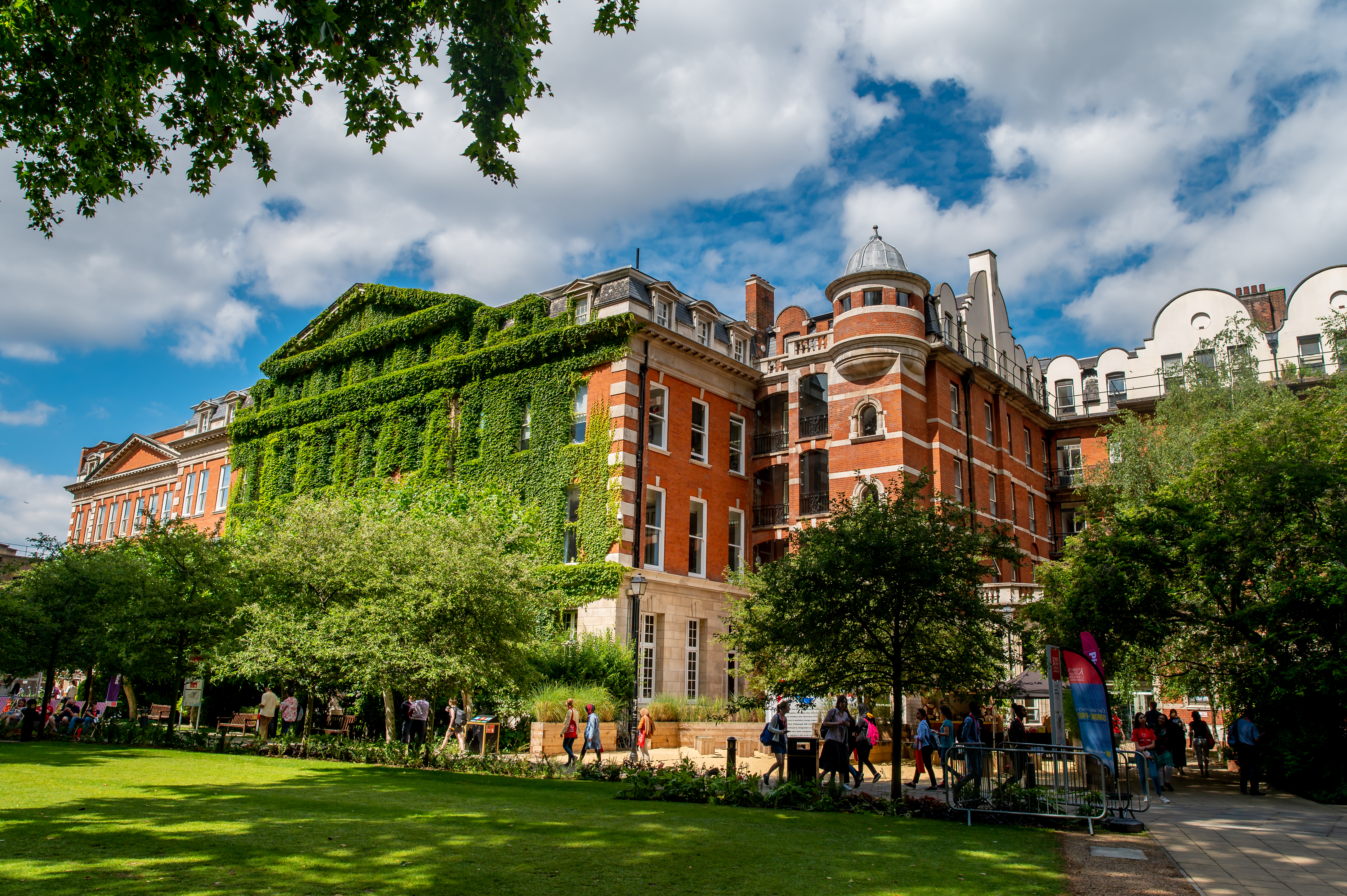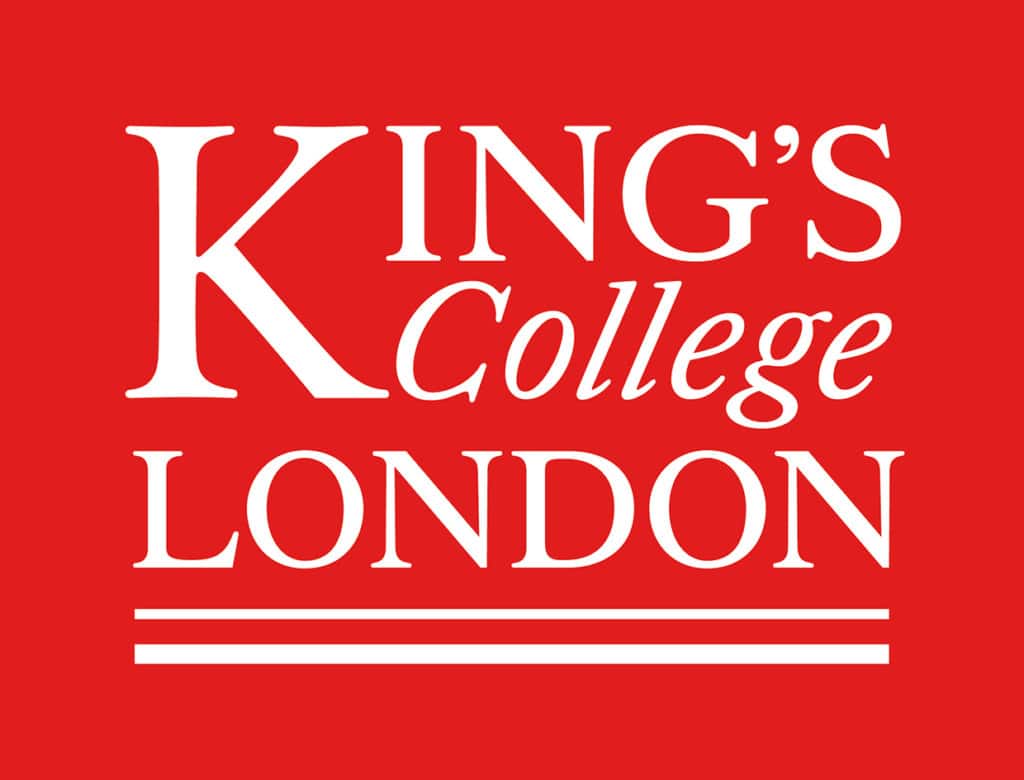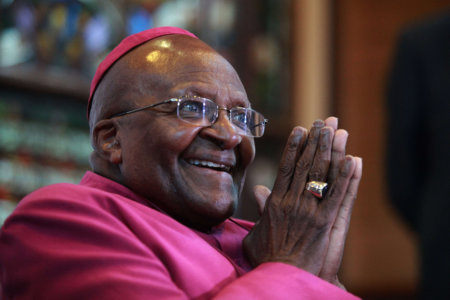While the COVID-19 pandemic ravaged health systems and economies and increased health inequalities worldwide, it also inspired many aspiring world-changers to pursue an education in the field. Such was the case for graduate Dr. Maham Zaman, a medical professional from a low-income country with scarce public health knowledge. “Working during the COVID-19 pandemic spurred my interest in public health,” she shares. “I changed my career goals and now endeavour to become a successful public health consultant.”
Zaman knew that pursuing the Master of Public Health (MPH) at King’s College London (King’s) was the only way to go. It was the only programme and institution that could help her truly realise her potential to improve health inequalities, healthcare access and health policy. True enough, today, Zaman works as a research associate at King’s after being awarded the Pan London Cancer Alliance Fellowship 2022, funded by the National Institute for Health Research (NIHR).
Step foot into King’s, and you’ll discover excellence in every sense of the word. It is an internationally renowned university, delivering exceptional education and world-leading research. Such prestige leads to big impact. After all, King’s strategic vision revolves around educating the next generation of changemakers who will challenge ideas, drive global betterment through research, give back to society through meaningful service, work with local communities in London, and exude international perspectives throughout.
Aware of King’s unparalleled reputation, student Vedha Viyas Thilagarajan — who previously worked on medical device research and development — believes the Global Health MSc programme will teach him the ins and outs of developing healthcare solutions.
“While working in medical device development, I realised the role of societal, political, and cultural factors in influencing the user’s decision. That is when I decided to pursue the Global Health MSc programme, through which I aim to bridge the gap between policy implementation and medical device research,” Thilagarajan says.

Source: King’s College London, Ian Farrell
Indeed, at King’s, capacities and capabilities from different disciplinary backgrounds are welcome. Students pursuing Population Health are presented with numerous opportunities to immerse themselves in other faculties, some of which include mental health, policy evaluation, geography, climate, urban health and inequalities.
Its newest School of Life Course & Population Sciences approaches Population Health differently. Based across King’s Guy’s, St Thomas’ and Waterloo campuses, the school houses over 160 experts who work with patients and communities to research and understand how to improve the overall health of populations, and reduce inequalities in health. Academics span a breadth of disciplines including primary care, social science, health informatics, epidemiology, statistics and health economics.
They operate alongside King’s Health Partners in London, across the NHS, as well as in Somaliland, Sierra Leone and the Democratic Republic of the Congo through their Centre for Global Health & Health Partnerships. There are also numerous studies in other parts of Asia, Africa, as well as Latin America and the Caribbean. Students have opportunities for experiential learning via collaboration with local in-country teams on their dissertations.

Source: King’s College London
From this, therapies and models of care are evaluated, preventative programmes are developed and evaluated, with data sciences, prevention and equity being critical aspects of research. Some key examples include the transformation of stroke rehabilitation, linked antidepressant use to weight gain, and the uncovering of connections between urban deprivation and long-term health problems. Hence, outstanding recognition from the Research Excellence Framework (REF2021).
Pair exceptional research with strong academics and students are set to take both the industry and academia by storm. The School’s postgraduate taught programmes are some of the world’s finest, such as the Women & Children’s Health MSc, MPH, Nutrition MSc, Global Health MSc and Life Course Sciences MPhil/PhD/MD. Exceptional research groups such as Health Economics for Life Sciences and Medicine (HELM) aim to improve population health and well-being by focussing on the efficiency and equity implications of alternative ways of delivering improvements in health, quality-of-life and wellbeing.
Each programme is integrated with clinical service and research, as well as primary care and the community. For instance, students pursuing the Women & Children’s Health MSc programme receive multidisciplinary teaching and dedicated training. No matter their educational background (biomedical, clinical, allied health professionals), they develop an academic and contemporary understanding of the biological and environmental influences related to pregnancy, as well as the lifelong physical and mental wellbeing of women and their infants.
“Working in the health charity sector made me think more closely about how the population views their health, what the role of statutory services and voluntary organisations are for helping people achieve and maintain good health, and why some individuals are less likely to engage with these services,” explains student Prerana Kaneri.
“Studying the Public Health MPH, therefore, felt like a good route to answering some of these questions. Throughout the programme, I had several new, unexpected questions and was encouraged to voice these and challenge things I did not readily agree with. This has been particularly valuable for my current role, which is within the social wellbeing and equality space.”
There’s no denying that King’s reputation, rankings, research and central location make it the perfect destination for those keen on spearheading change for the greater good. Click here to find out how you can become a proud member of this renowned institution’s impressive community.
Follow King’s College London on Facebook, Twitter, YouTube and LinkedIn.













